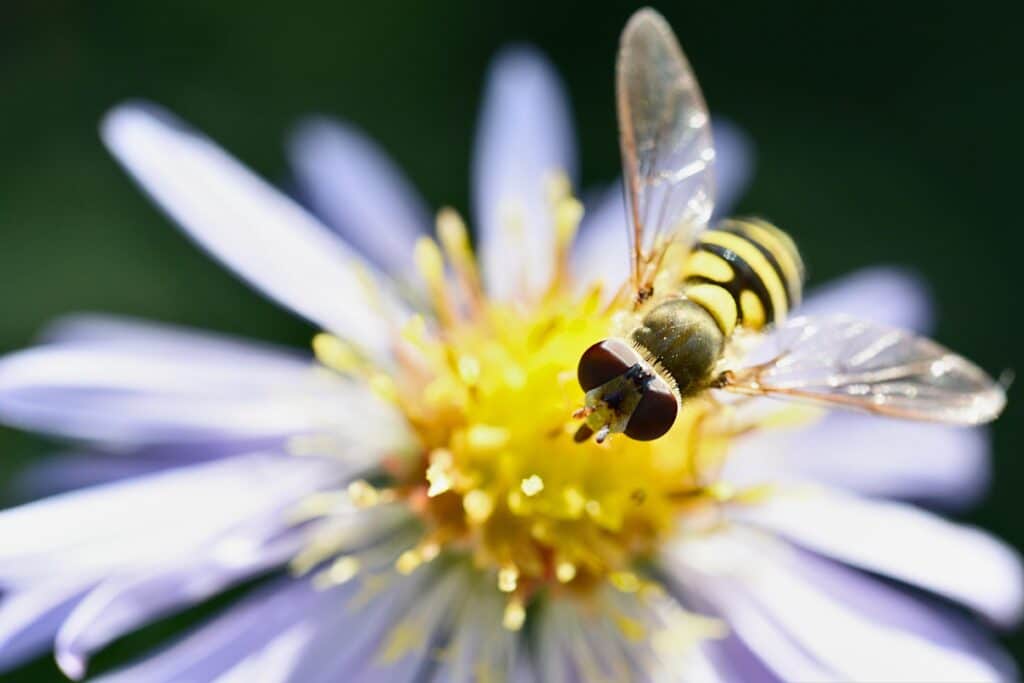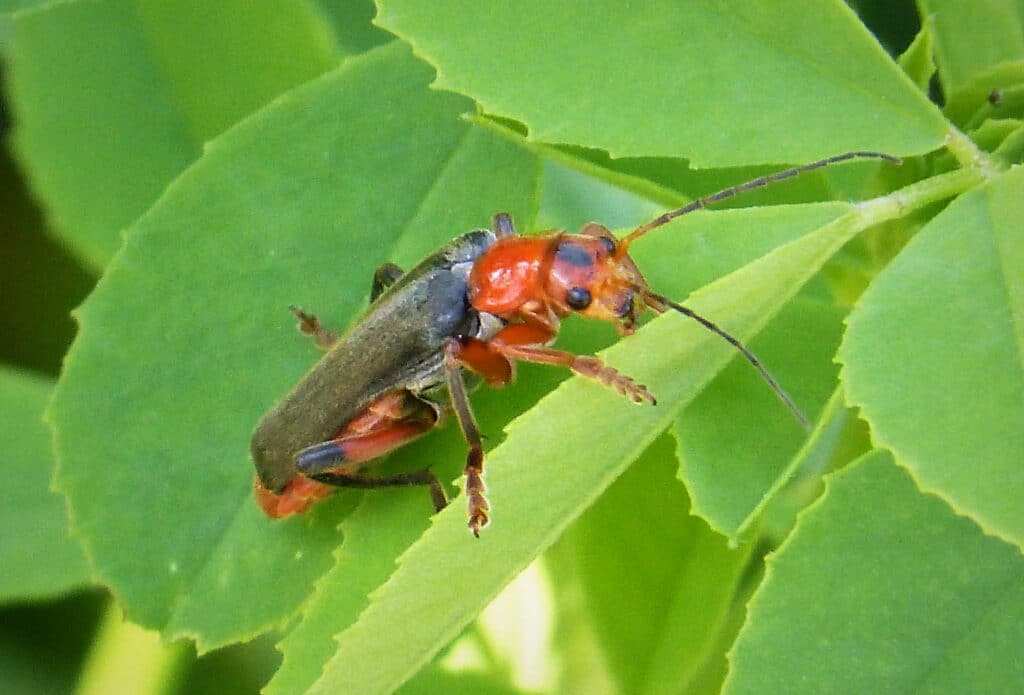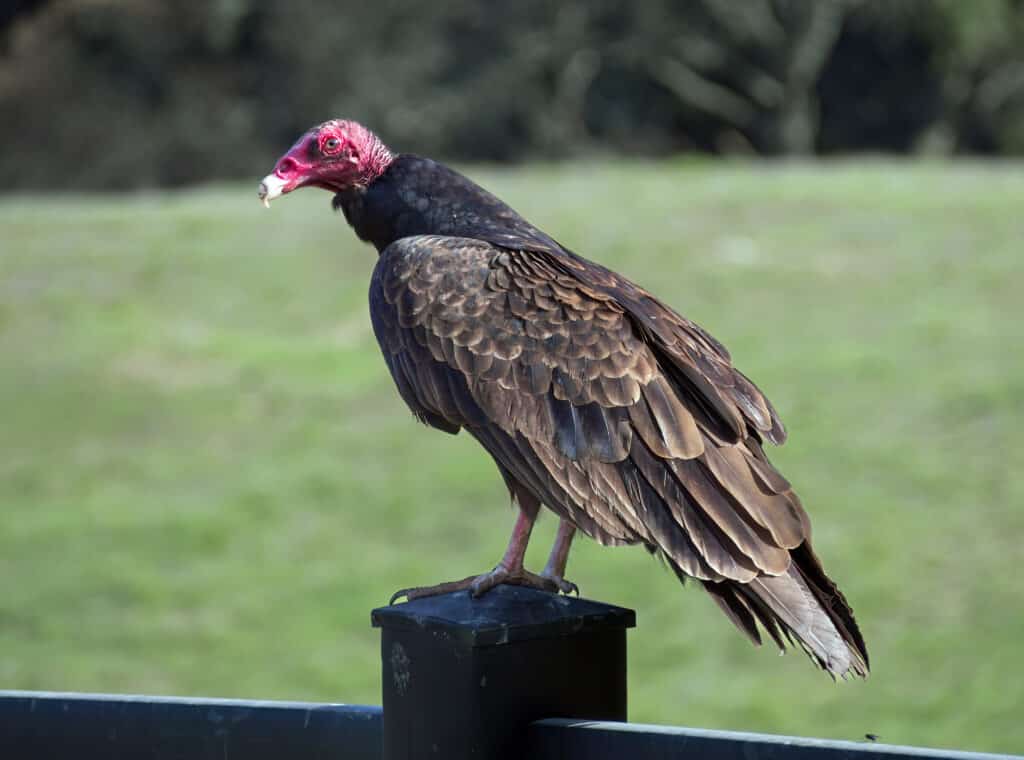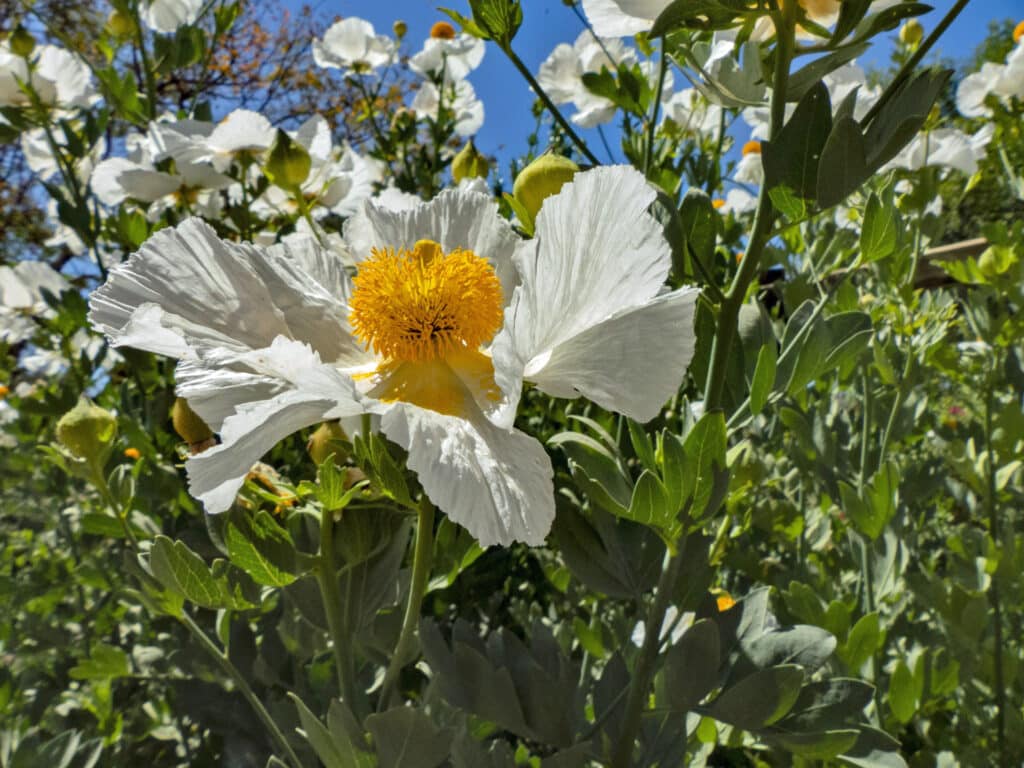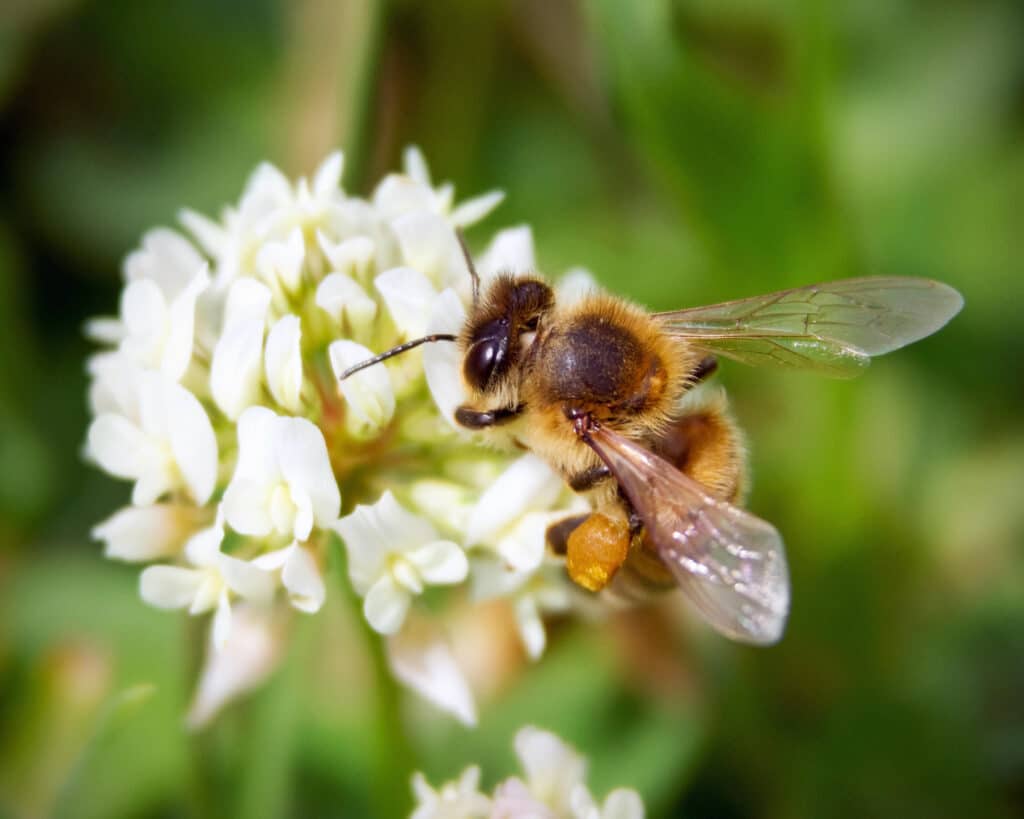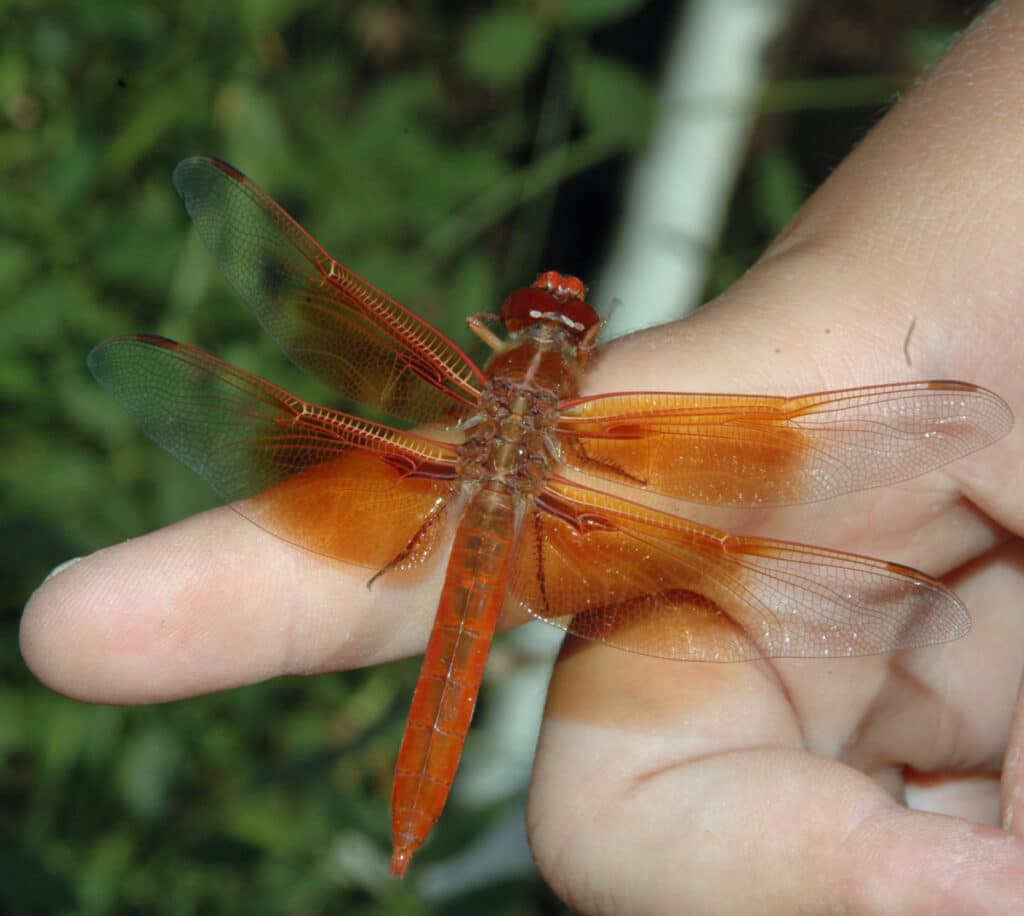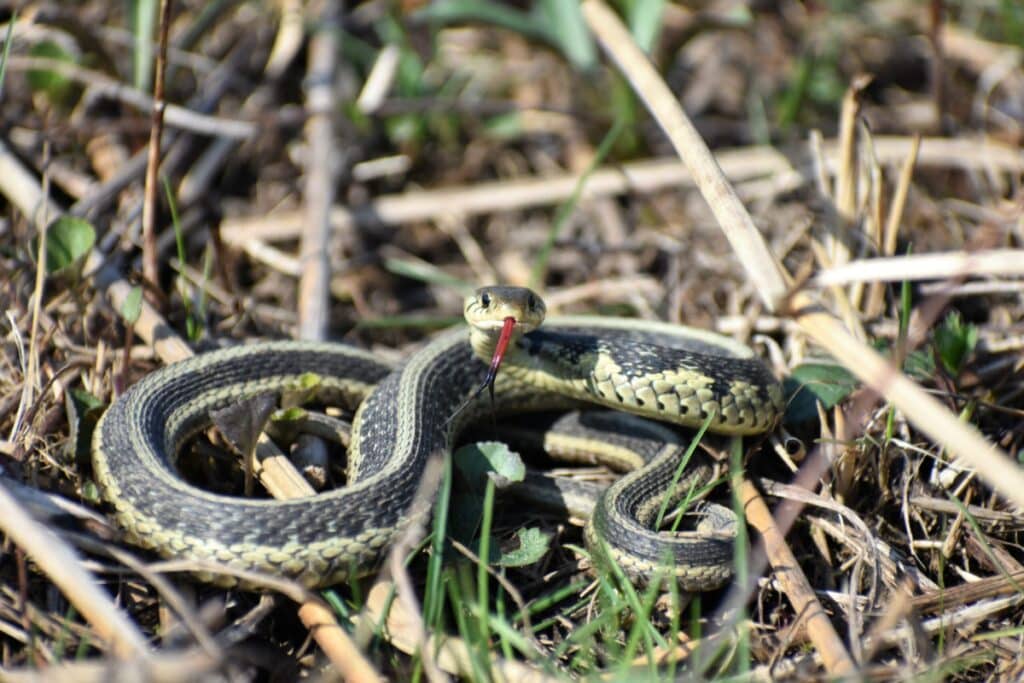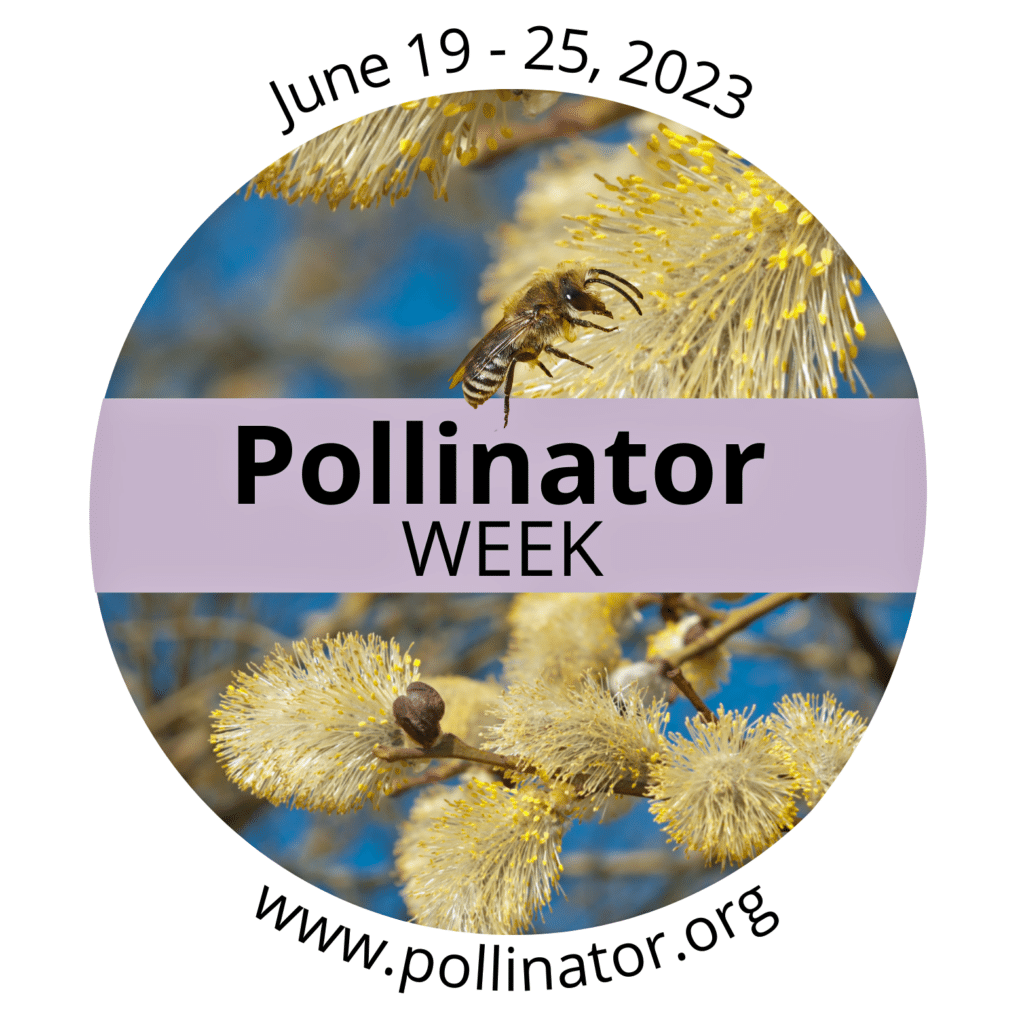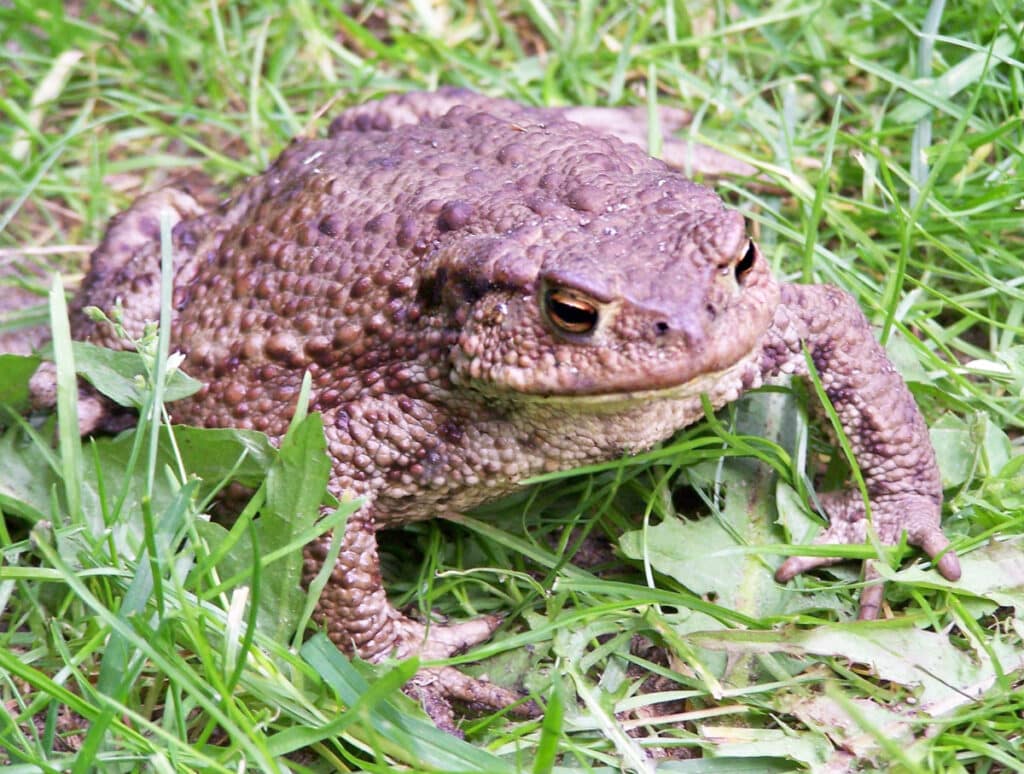Meet the Natural Enemies
It’s spring, and your yard is bursting with new plant growth. Along with billowing flowers and new foliage on trees and shrubs come unwanted bugs that may multiply rapidly if not kept in check. One of the easiest ways to prevent significant damage is to use Mother Nature’s pest managers – the natural enemies! Also […]
Meet the Natural Enemies Read More »
